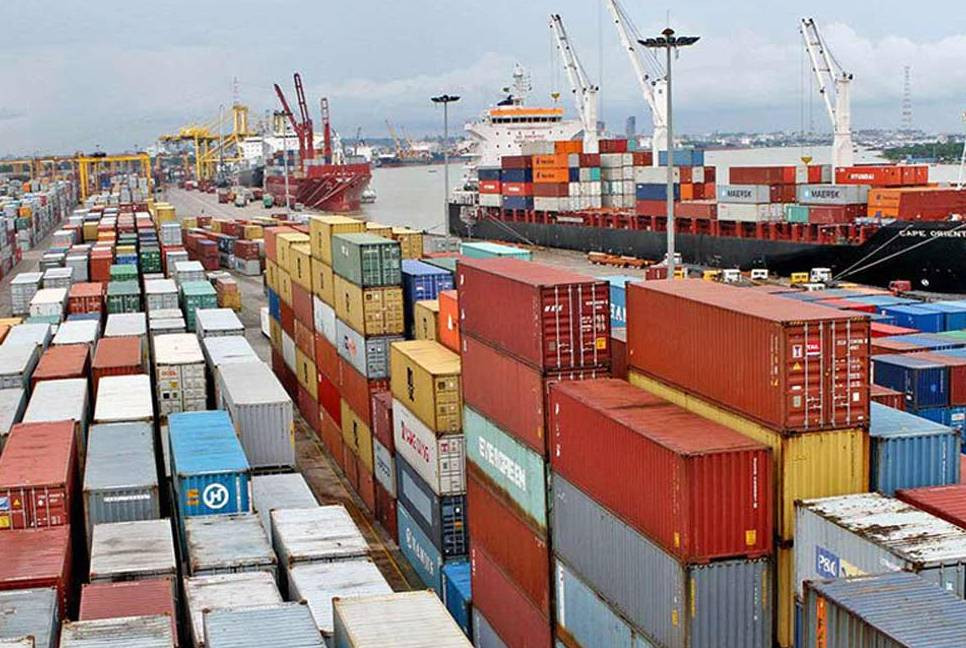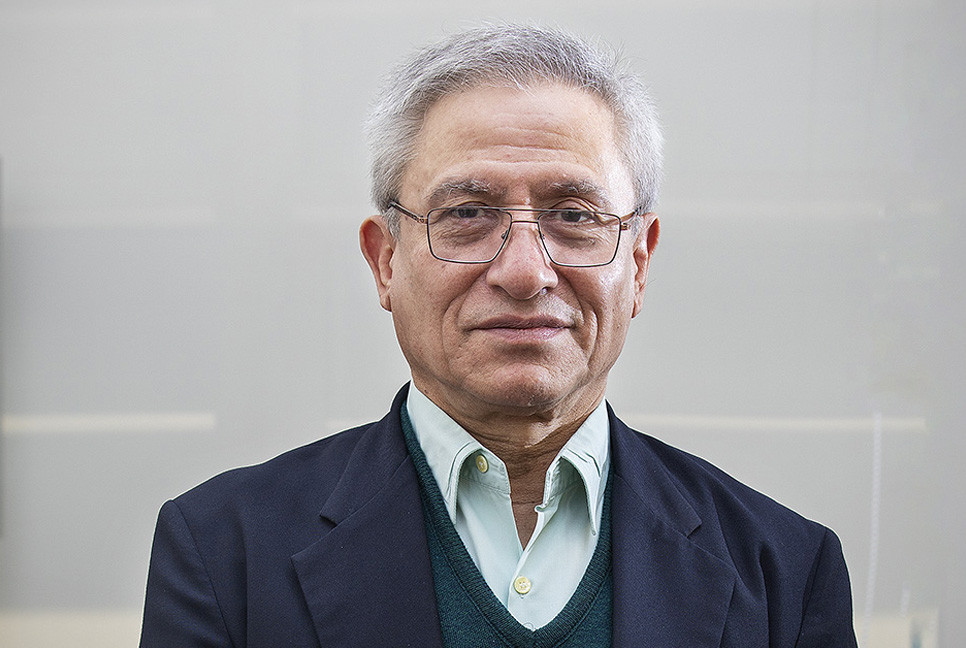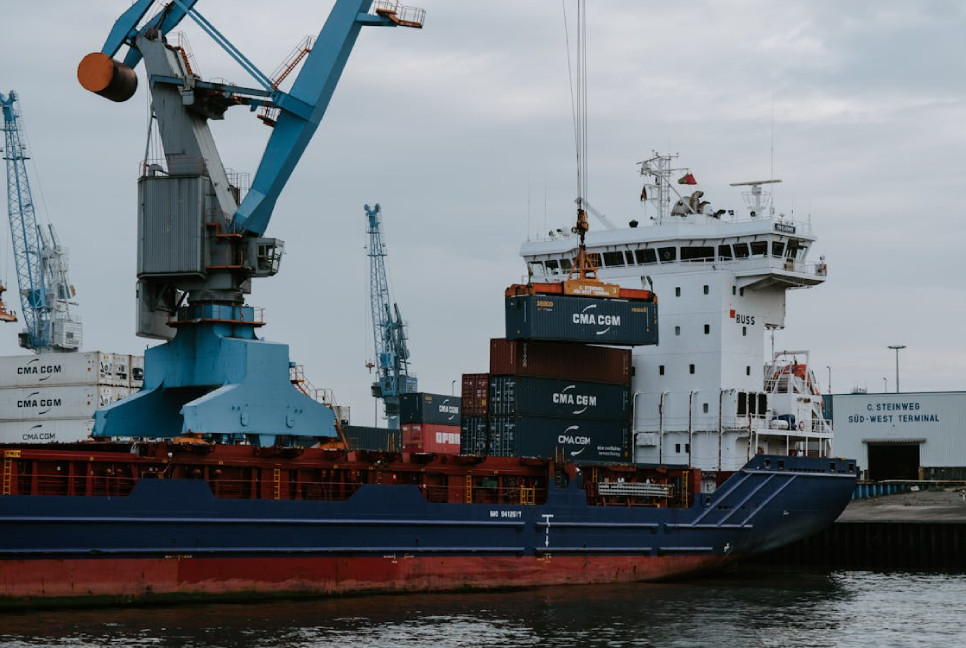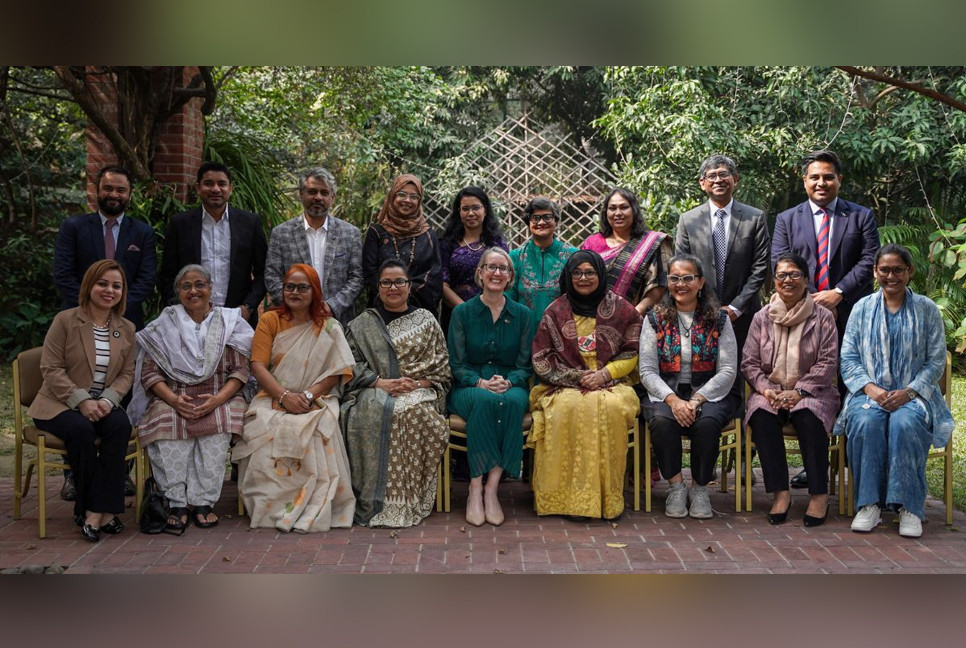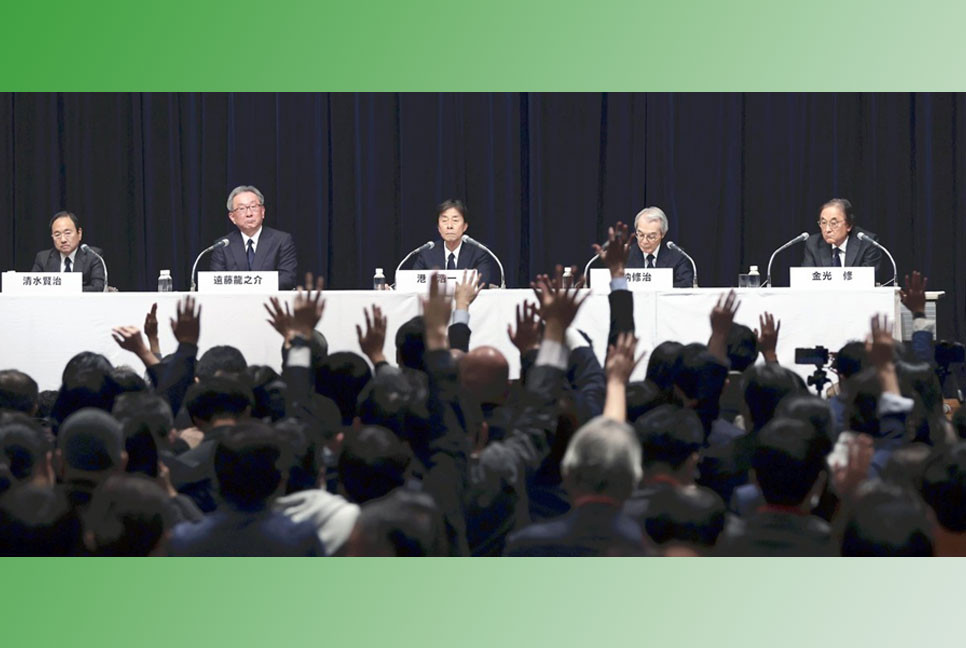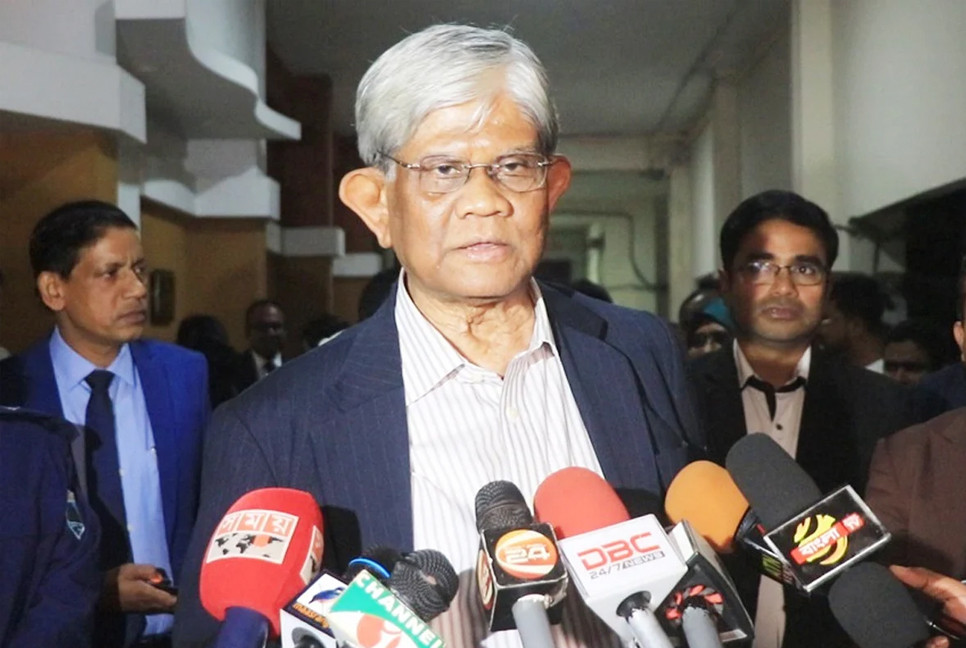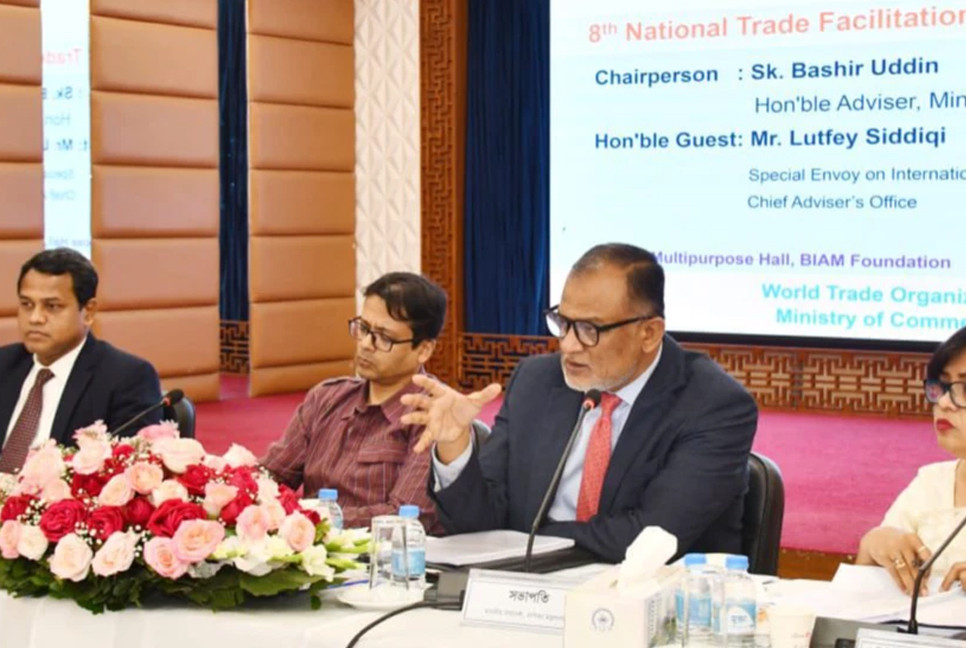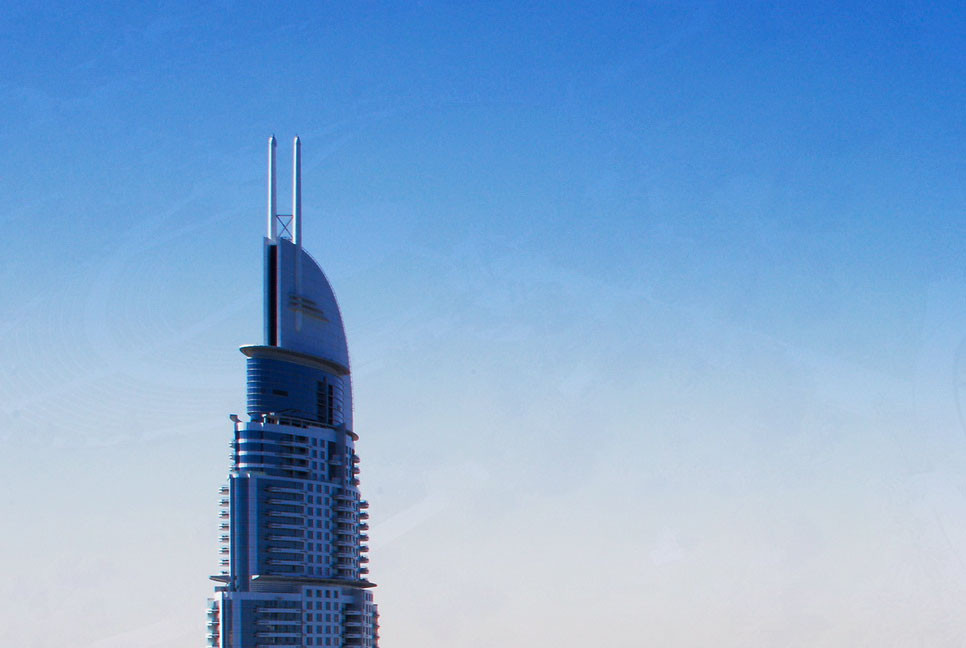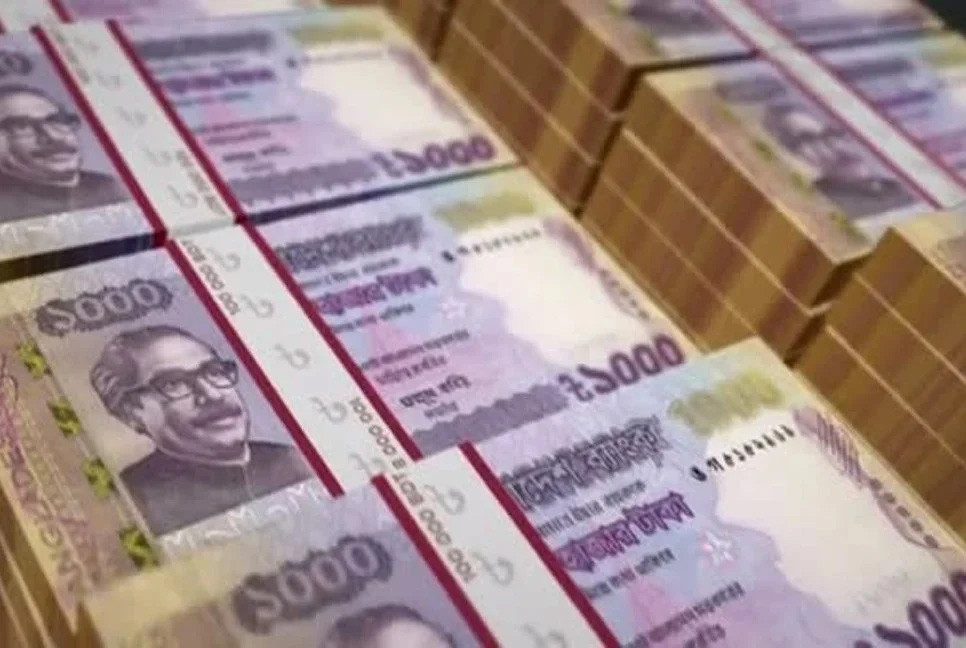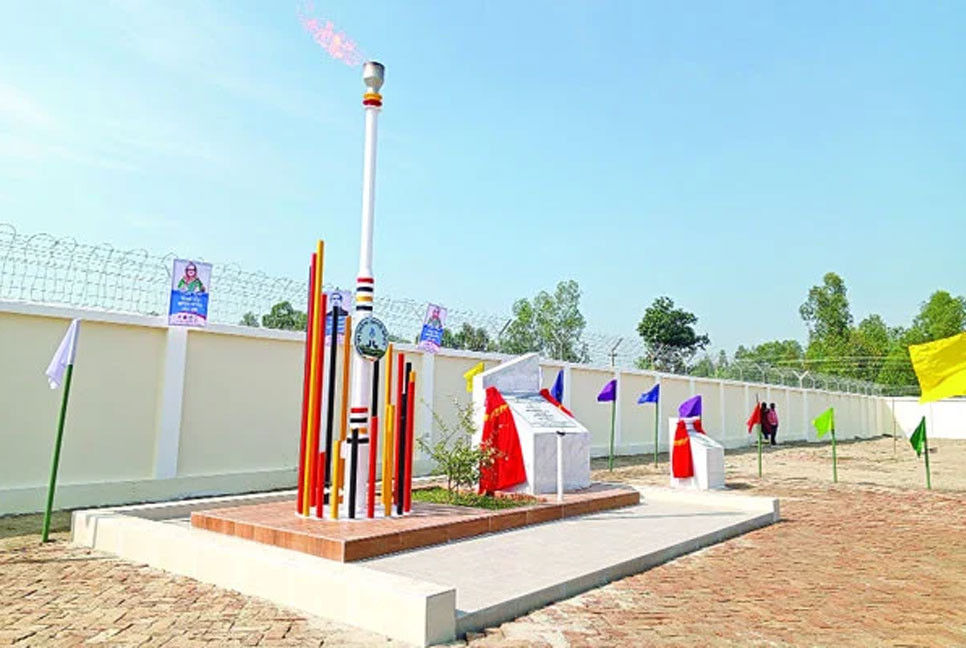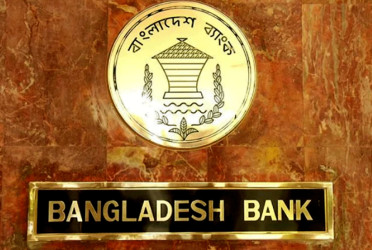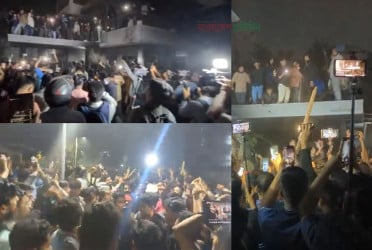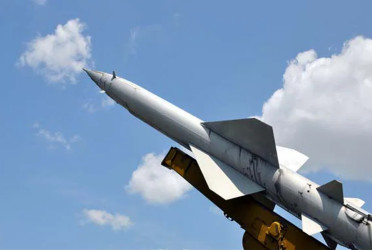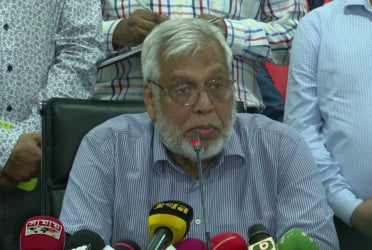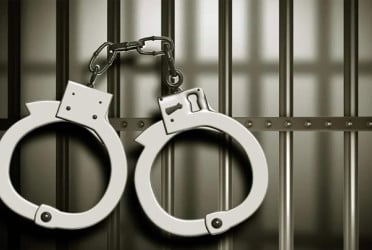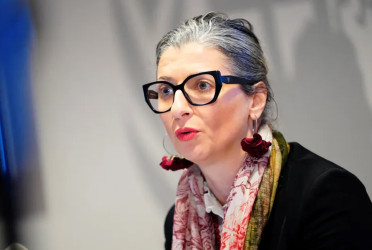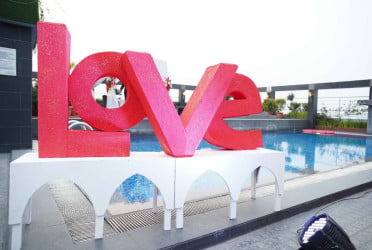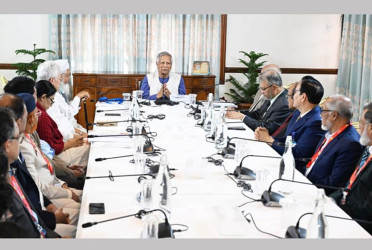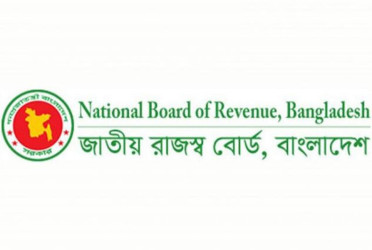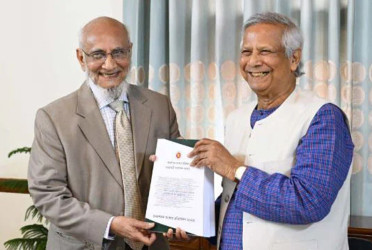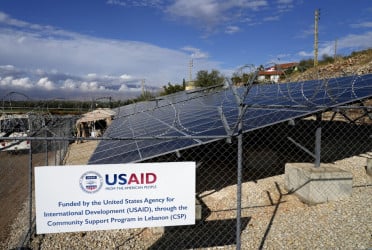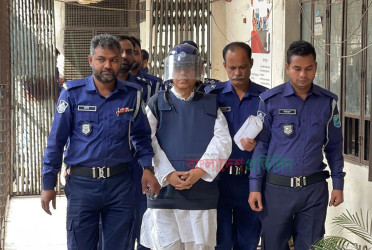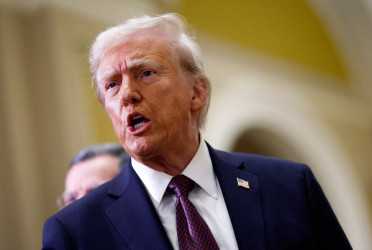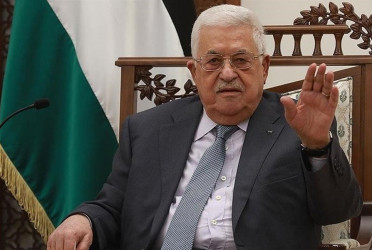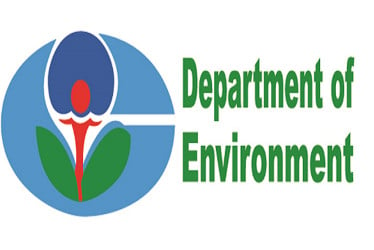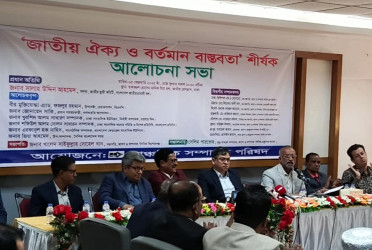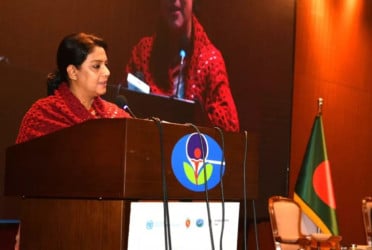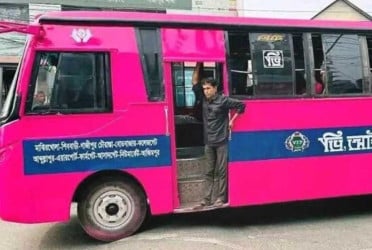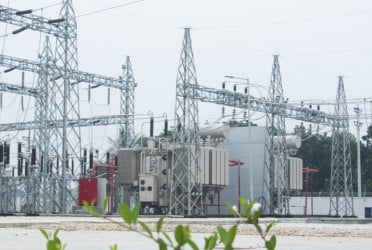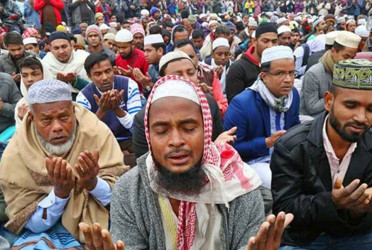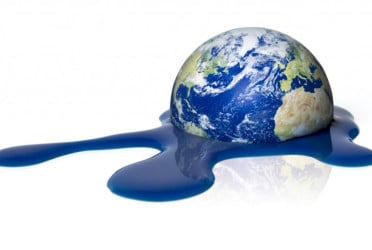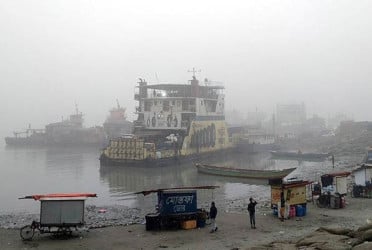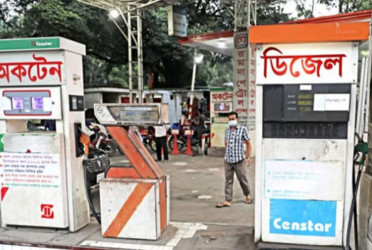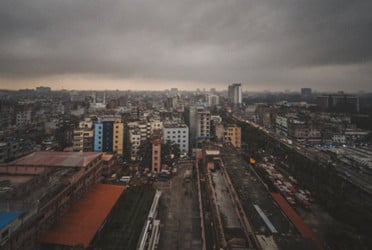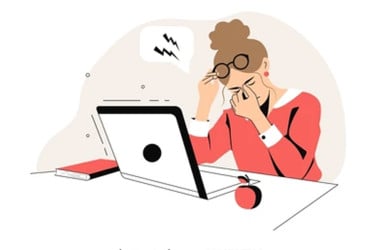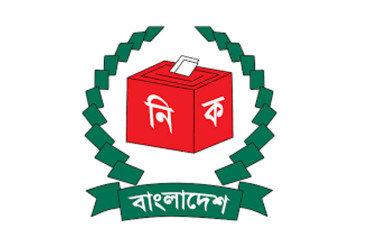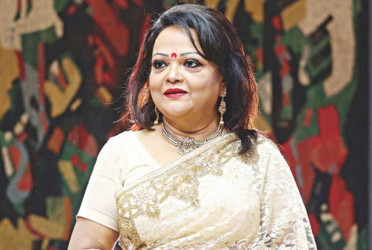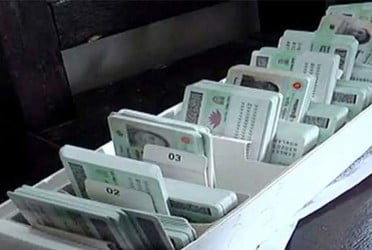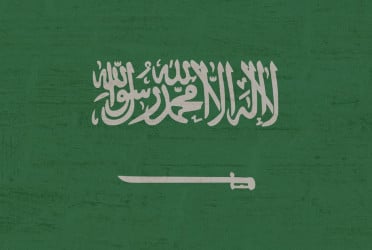An uncertain situation prevails in the country’s trade and commerce sector after the political changeover. Besides businessmen are in a difficult situation due to various measures taken by the government. Businessmen are being affected due to such instabilities. As a result, the factories of several industrial groups have been closed. No new industry is being developed in the country. Activities have been started to make the businessmen as loan defaulters in various ways.
Analysts said the confidence and trust of the businesspersons will have to be increased to boost investment and employment in the country. On the other hand, business leaders said case business (Filing a case against a businessperson to take a bonanza) must be stopped. In addition to reducing the bank interest rate, there should be relaxation in the laws on defaulting on loans.
The country’s export and industrial sectors were affected in mid-July during the quota-reform movement as the Awami League government led by Sheikh Hasina imposed a curfew and stopped the internet to tackle the agitation. After the fall of the Sheikh Hasina government on August 5, a group of people vandalized and attacked various factories in a planned way. Since then, many factories have remained shut all over the country. It has created a kind of uncertainty in trade and commerce.
Business leaders said the country’s law and order situation has not improved yet. False and fabricated cases are being registered against the businesspersons to make a bonanza by harassing them. Cases are being lodged if there is any row with the businessmen. Bank accounts of many businessmen and their family members have been frozen. Their assets have also been seized. They can’t travel abroad for business purposes. They are being harassed at the airport. Many businessmen have been detained. Businesspersons are in a fear situation due to such harassment activities. They are forced to sit idle by stopping business and new investments. Business leaders have urged the authorities concerned to remove this standstill in the industrial sector to overcome the situation.
Mohammad Hatem, president of the Bangladesh Knitwear Manufacturers and Exporters Association (BKMEA), said a zero-tolerance policy will have to be taken to control the law and order. Case business must be stopped. Case filing must be stopped against those who are not involved in any crime.
“Anarchy is going on in the country’s banking sector. We are facing various obstacles in the banking sector. We don’t get money after export. We can’t pay wages of the factory workers,” he said.
According to the new policy prescribed by the International Monetary Fund (IMF), banks will treat any loan as default if the instalment is not paid within three months after the expiry date from next March which is currently six months.
Bank interest on loans has risen to 16-17 per cent for raising policy rate to curb inflation. As a result, credit growth in the private sector has decreased. While the interest rate of consumer loans has been increased to control global inflation, the interest rate of industrial loans is increasing in Bangladesh. Fuel is not available despite offering a high price. Investments have stalled as interest rates have doubled and repayment periods have been reduced in half. Closed factories are not being operational. New industries are not being developed. The scenario has been reflected in the credit distribution and import figures.
According to the Bangladesh Bank (BB) data, credit growth in the private sector was 9.84 per cent in June of the 2023-24 fiscal year which was 10.57 per cent during the same period of the previous fiscal. The total credit amount in the private sector stood at Tk 16 lakh 41 thousand 229 crore in June of the 2023-24 fiscal year which was Tk 14 lakh 94 thousand 256 crore in the past fiscal year.
The opening and settlement of LCs (Letters of Credit) have decreased by around 13 per cent in the first two months of the 2024-25 fiscal year. Banks opened LCs worth $ 10.03 billion last July and August to import goods which is around $ 1.48 billion or 12.85 per cent less than the same period the last fiscal. Traders opened LCs worth $ 11.51 billion during that period. On the other hand, banks settled LCs worth $ 10.34 billion in July and August of the current fiscal which was $ 11.89 billion during the same period of the previous financial year. LCs have been settled $ 1.55 billion or 13.03 per cent less than in July and August of the last fiscal.
Dr Zahid Hussain, former lead economist of the World Bank's Dhaka office, said an unstable situation is prevailing in the country’s business sector after the political changeover. Businesses are worried about political conditions in the next one to one and a half years. They also consider who will assume power. The confidence of the businessmen will have to be recovered to increase investment and employment.
Dhaka Chamber of Commerce & Industry (DCCI) former President and Leathergoods and Footwear Manufacturers & Exporters Association of Bangladesh (LFMEAB) President Syed Nasim Manzur said there is no example in any country that businesspersons can make a profit at double-digit interest rate. The current bank interest rate is more than 14 per cent.
Incepta Pharmaceuticals Chairman and MD Abdul Moktadir said, “Unrest is not desired at the mill factories. We are being affected and small businessmen have been passing a tough time.”
Faruque Hassan, former president of the Bangladesh Garment Manufacturers and Exporters Association (BGMEA), said most businessmen have no funds to run their businesses. As a result, the company board is constituted with multiple partners or family members. If any one of them or an institution defaults, the baking facility of that individual or institution is stopped. Additionally, the facilities of all other institutions are also stopped. As a result, all institutions fall at risk. Business becomes closed. These institutions can't turn around anymore. This system should be abolished for the greater interest of the economy.
The BGMEA former chief also said, “It is common in the developed countries that interest rate of consumer loans is increased to curb inflation. But in our country, the interest rate of industrial loans is increased to tackle inflation which will not be effective. Curbing inflation means reducing the price of the daily essentials. Big companies, corporate groups and institutions take maximum credit in our country. The amount of personal loans is poor in Bangladesh. However, the amount of consumer loans is high in developed countries. For this reason, they (Foreign countries) increase interest rates to control inflation.”
If a bread-maker takes a loan in Bangladesh, his production cost will increase. Investment in the country has already decreased and will also decline. There will be no new employment. It is tough to predict where the dire situation will stand in the future, Faruque Hassan added.
bd-pratidin/GR

